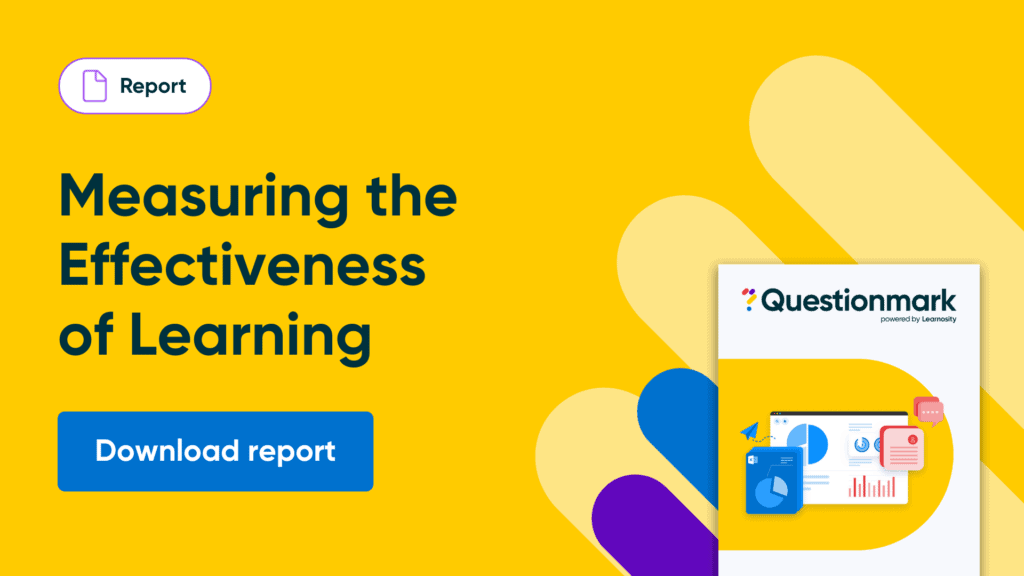In the world of personal and professional growth, the terms learning and development are often used interchangeably. While both are essential for growth and success, they have distinct differences in their purpose, focus, and outcomes. Understanding the difference between learning and development is crucial for individuals and organizations to create effective strategies for achieving their goals.
In this article, we will explore the definitions of learning and development, the various types of each, their importance, examples of activities, and the key differences between them. Additionally, we will discuss how learning can lead to development.

What is learning?
Learning is the process of acquiring knowledge, skills, attitudes, and values through various methods. It is a continuous and lifelong process that helps individuals adapt to changes and challenges in their personal and professional lives.
There are three types of learning: formal, informal, and experiential. Formal learning refers to structured and planned learning activities such as classroom training, workshops, and courses. Informal learning is self-directed and occurs spontaneously through daily activities like reading, observing, and socializing. Experiential learning involves hands-on activities, experimentation, and reflection to gain new knowledge and skills.
Learning is crucial for personal and professional growth as it helps individuals to develop new skills, improve existing ones, and broaden their knowledge base. Learning also plays a critical role in career advancement, employee satisfaction, and organizational success.
Examples of learning activities include attending workshops or seminars, enrolling in courses, reading books or articles, participating in online training programs, and attending conferences.
What is development?
Development refers to the growth and progress of individuals in their personal and professional lives. It involves enhancing existing skills, acquiring new ones, and improving one’s potential for future opportunities.

There are three types of development: personal, professional, and career. Personal development focuses on improving self-awareness, emotional intelligence, and interpersonal skills. Professional development concentrates on enhancing job-related skills and knowledge. For example, oil and gas professionals need extensive knowledge of health and safety protocol, while cabin crew requires industry-specific skills like SEP training. Career development, on the other hand, focuses on creating a long-term career plan and achieving career goals.
Development is essential for individuals to achieve their goals and improve their skills, leading to better performance and greater success in their personal and professional lives. Development also plays a critical role in organizational growth and success by improving employee retention, job satisfaction, and productivity.
Examples of development activities include coaching and mentoring, job rotations, stretch assignments, and leadership development programs.
The key differences between learning and development
The primary difference between learning and development lies in their purpose and focus. Learning is focused on acquiring new knowledge and skills, while development is focused on improving existing skills and developing new ones for future opportunities.
The outcomes of learning and development also differ. Learning outcomes are focused on the acquisition of knowledge and skills, while development outcomes are focused on improving performance and achieving goals.
Another key difference between learning and development is the type of activities involved. Learning activities are primarily formal, structured, and planned, while development activities are often informal, self-directed, and occur spontaneously.
The relationship between learning and development
Learning is a vital component of development. It provides individuals with the knowledge and skills needed to improve their performance, leading to development opportunities.
Development, on the other hand, requires continuous learning to remain relevant and competitive. It involves using the knowledge and skills acquired through learning to improve one’s potential for future opportunities.
In conclusion, learning and development are two critical components of personal and professional growth. While they share similarities, they have distinct differences in their purpose, focus, and outcomes. Understanding these differences is crucial for individuals and organizations to create effective strategies for achieving their goals and improving their skills. Additionally, learning plays a critical role in development, providing individuals with the knowledge and skills needed to improve their performance and create development opportunities.